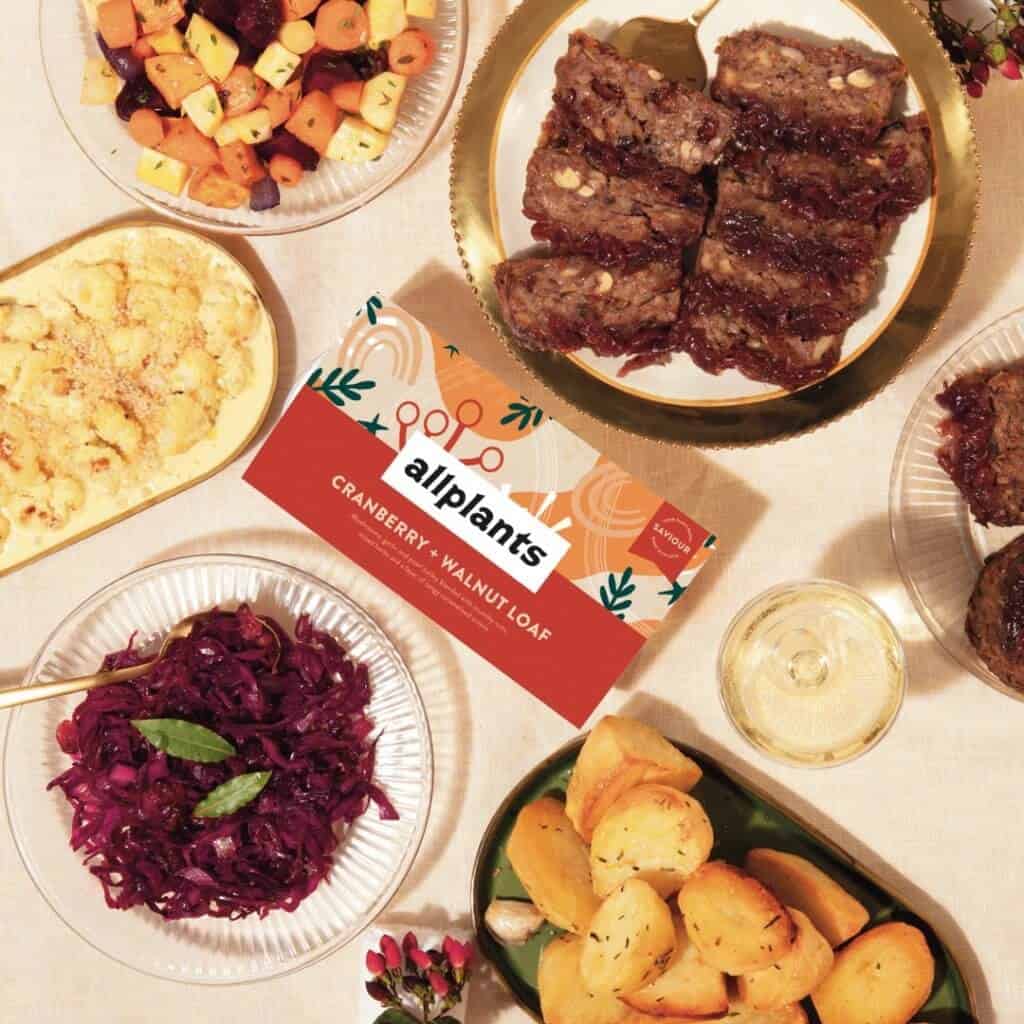A new study by health food chain Holland & Barrett demonstrates some statistics behind the rise of veganism in the UK, revealing that 12% of UK adults (23% of 16-24s) were influenced by the coronavirus outbreak and health concerns arising from it. Here we look at the Google Trends which show their interests and concerns, and which foods they miss the most since turning vegan.
Who is converting?
- The survey shows that growth in veganism has skyrocketed in the last three years. Interestingly, 35% of vegans aged 50-59 have gone vegan in the past year and one in five vegans are aged over 40.
- Nearly one third of vegan women (32%) turned vegan in the last year, while nearly half of vegan men (49%) have been vegan for at least three years

Google Trends
- Google Trends data showed Edinburgh and Bristol as the top vegan capitals followed by Manchester and London.
- All the top searches were seeking quickest ways to have vegan food delivered at home
- In terms of baking, chocolate and carrot cakes are the most popular vegan cake recipes.
- “How do vegans get protein” was an extremely popular search in January 2020
- “Vegan chocolate” and “vegan cheese” were the most used vegan search queries for people in the Midlands in the last 12 months
- “Vegan cheese“, “vegan protein” and “vegan curry” were some of the most used search terms for Londoners in last 12 months

What foods do they miss?
- 1 in 10 Brits (10%) say they miss pizza the most followed by burgers (9%), steak (8%) and roast dinners with meat (7%).
- 15% of vegans in the West Midlands say they miss kebabs the most (more than any other region).
- Vegans in Wales miss a traditional fry-up the most, while vegans in the East of England miss a cheese board and in the South West vegans miss bacon sandwiches.
- 29% said they found it challenging to change to plant-based milks, while more than one third (35%) admit they found it difficult to use nutritional yeast as a substitute cheese.





